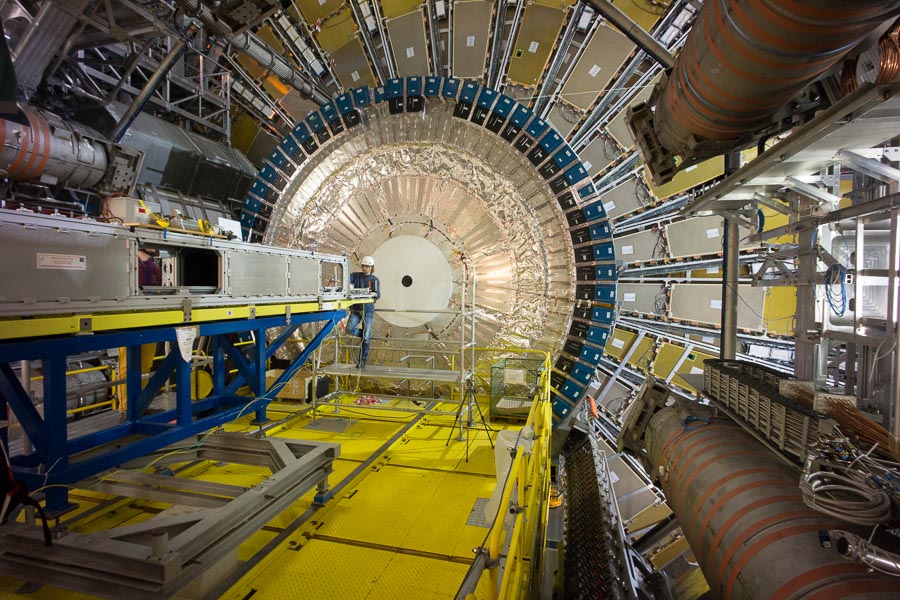Particle Fever
Opens Fri., March 14 at Harvard Exit. Not rated. 99 minutes.
If nothing else, this documentary confirms something you’ve probably always suspected: Really brilliant physicists are almost exactly as nerdy as the average science-fiction geek. A sense of humor and issues of personal style appear to be aligned on the same spectrum in both groups, as is the ability to imagine the future in a new way. Given that reality, director Mark Levinson was probably wise to focus on the personalities working on the Large Hadron Collider (LHC), that huge project near Geneva. Their quirkiness allows a human portal into the science behind this massive underground laboratory, which after 20 years of effort went live in 2008 and confirmed important results just last year.
The gist of the project—and I speak with absolutely zero authority on this—is to send protons around a 17-mile ring and smash them into one another at high speed. The result will reveal answers to ongoing theoretical questions about what the universe is made of, especially as regards the Higgs boson, the missing piece in the Standard Model of physics. We get the history of the LHC, and cameras are there when the first tiny proton makes its first circle in September 2008. Cameras are also there a few days later when a design flaw causes an accident that sets the experiment back by more than a year. We are guided in this journey by a batch of physicists, from esteemed veterans in the field to the puppy-dog enthusiasm of Monica Dunford, who treats the word “data” the way the average person might describe a Powerball jackpot. All of them are pretty much unified in their anxiety over the outcome of the LHC’s evidence. It might show them the future of scientific research, or it might prove they’ve come to a $5 billion dead end. They are less worried that the experiment could cause the Earth to vanish into a black hole, an extremely unlikely (gulp) outcome.
Levinson does a good job explaining the basis of this stuff, although one wants to know a little more about why it all matters. One possibility, that the Higgs boson would confirm that all matter isn’t in danger of falling apart at any given moment, is a welcome nugget of information. Particle Fever coasts a bit with its reliance on character study, but it contains real suspense and some tantalizing glimpses into the future. It also serves as a needed reminder of the excitement of science, a practice that need not be left exclusively to nerds.








